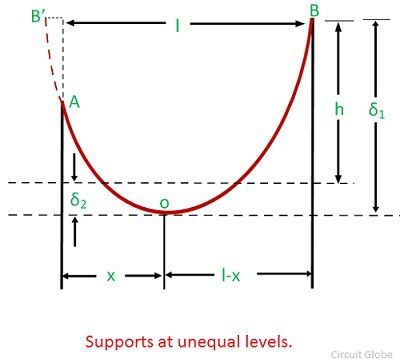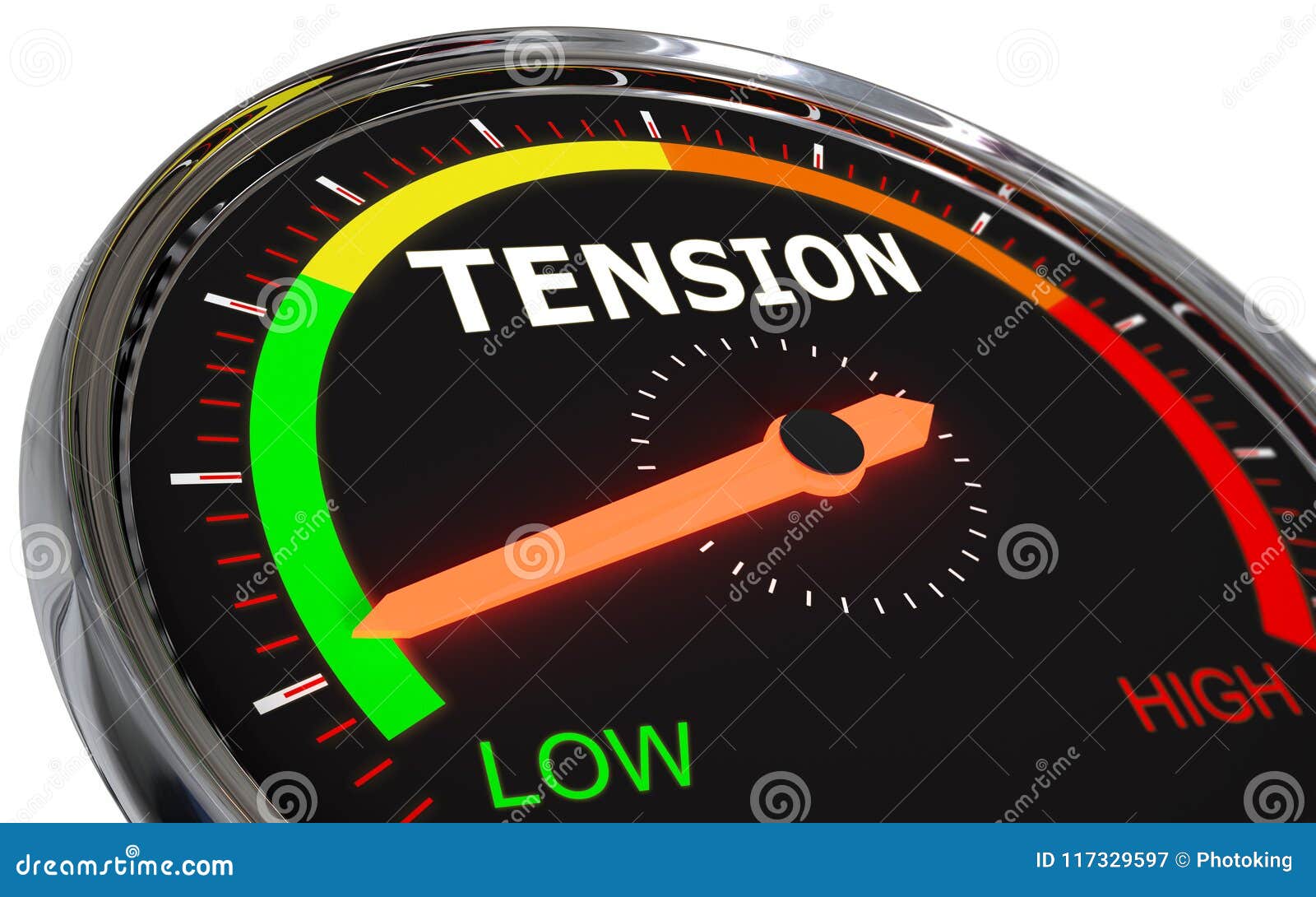Tension is an integral part of life, and it can manifest itself in various forms and at different levels. It can be physical, emotional, or psychological, and it can range from low-level stress to high-level anxiety. Understanding the different levels of tension and how to manage them can help individuals lead healthier and more productive lives.
Low-level tension is a normal part of everyday life and can be experienced in situations such as a job interview or a presentation. This type of tension is often referred to as stress and is a natural response to pressure or challenges. While some stress is necessary for motivation and productivity, excessive stress can have negative effects on physical and mental health. It can lead to fatigue, irritability, and difficulty concentrating.
Moderate-level tension is more intense than low-level stress, and it can be caused by events such as a major life change or a significant personal loss. This type of tension can lead to feelings of sadness, hopelessness, and difficulty coping with daily tasks. It is important to seek support and find healthy ways to manage moderate-level tension, such as through therapy, exercise, or relaxation techniques.
High-level tension, also known as anxiety, is a severe and persistent form of tension that can interfere with daily functioning. Anxiety can be triggered by specific events or situations, or it can be generalized, meaning it is present in a variety of contexts. Symptoms of anxiety can include excessive worry, difficulty sleeping, and physical symptoms such as increased heart rate and shortness of breath. It is essential to seek professional help for high-level tension, as it can have serious consequences on physical and mental health if left untreated.
Managing tension is an important part of maintaining overall well-being. Some strategies for coping with low-level stress include exercise, time management, and setting healthy boundaries. For moderate-level tension, it can be helpful to seek support from friends and family, engage in activities that bring joy and relaxation, and practice self-care. For high-level tension, seeking professional help from a mental health provider is important to ensure appropriate treatment.
In conclusion, tension exists at different levels and can have varying impacts on an individual's well-being. By understanding the different levels of tension and learning how to manage them, individuals can live healthier and more productive lives.









